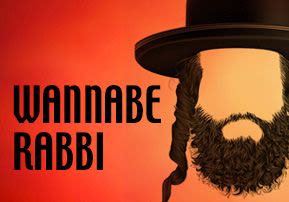
Wannabe Rabbi
What was a rabbi? Somebody who yelled at Grandpa and his friends for having a beer party with some girls in the Polish forest. Maybe they also ate Polish sausage…

I knew I was Jewish, but I didn’t feel Jewish. I had given up my career as an astronaut, but I was told that a person can go higher than space travellers, higher than Mars, higher than the stars; in fact, all the way up to G-d’s throne of glory. So, tell me: who do you say is the closest human to G-d?
The rabbi.
How did I know that? Years back, in the Hunter College Music Department, the cutest guy was Lloyd Burrell and he wasn’t Jewish. He subsisted in Astoria, New York, on Greek cream puffs and Polish Kielbasa with his old, bald, widowed father in a spartan one-bedroom apartment.
One day his father took sick and died; it was my fault.
What do you mean, it wasn’t my fault?
It was. He was a good Catholic and I was a Jew; a bad one. G-d sent us an Instagram: Get away from each other or else! Yes, I know the sickness had something to do with the cream puffs and kielbasa, but it also had to do with me.
So, Lloyd said get away from me! and I kept after him, and a few days later he got sick and died, and all my superhuman efforts couldn’t stop it. Every trace of Lloyd disappeared; you won’t even find his obituary on Google. Go ahead; try.
So, from this I knew one thing: because I’m a Jew I’m lonely and miserable. What was a Jew anyway? 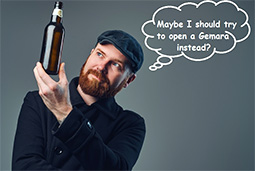 Something the Cossacks killed in Sokolivka.
Something the Cossacks killed in Sokolivka.
Then there was something else, called a rabbi.
What was a rabbi? Somebody who yelled at Grandpa and his friends for having a beer party with some girls in the Polish forest. Maybe they also ate kielbasa, which was probably not kosher. The girls and boys beat up the rabbi, but what do you think happened to my grandpa?
He cut out for New York, so the rabbi wouldn’t bother him, and sent money little by little to his girlfriend’s address in Poland, until her father wrote back that he’d better stop because the Nazis killed her already.
In the forest.
From this we learn to not mess with a rabbi, and I started to want that power. I mean, people were beating me up too.
Obviously, the rabbi’s power came from closeness to G-d, but how do you get that?
By now you probably know a few ways to get close to G-d, besides becoming a rabbi, but at that age I didn’t. We had no Rabbi Shalom Arush back then, and no Rabbi Lazer Brody translations. I believed a person had no choice but to get herself into rabbinical school, and then I found out it might as well have been Mars—the rule said no girls allowed.
Except that girls could go to Reform or Reconstructionist rabbinical schools.
Okay, then.
The Reform school sent me an application form. Besides the $300 startup fee, I needed recommendations from rabbis, proof of involvements in Jewish organizations, and a three-page essay about the whole thing, and I had nothing like that. The only rabbi I knew happened to be Orthodox, and he flat-out refused to write the note because he didn’t want me going there. But his assistant rabbi took pity and wrote something to the effect that I was a nice girl attending Orthodox classes in his shul.
The night before my face-to-face interview with the panel of Reform rabbis, I couldn’t sleep; I still couldn’t find any proof of Jewish activities. I couldn’t find anything Jewish about myself at all, except for the Cossacks who killed my maternal grandma’s first husband, and the Nazis who killed my paternal grandpa’s girlfriend, and the rabbis whose warnings both grandparents hadn’t listened to.
At last I found a Shabbat candle-lighting brochure from Chabad and decided to make something of that in the interview. Right! It was after all a Jewish organization and a Jewish activity.
It didn’t go over as well as I thought, though. The rabbis fired questions at me: What does your boyfriend say about your becoming a rabbi?
Of course, my new boyfriend, a Harvard law student, didn’t like it. And I couldn’t say that. The easiest thing to say was yeah, he says it’s great.
Next, the rabbis grilled me on my faked declaration of membership in the Hunter Hillel organization. It was an outright lie. But should I rather have said that I used to eat lunch with my Catholic boyfriend at the Hunter College Ecumenical Society? Using 20-20 hindsight, though I can’t say why, that would certainly have made a better impression. Plus, the assistant rabbi’s letter and the Chabad brochure didn’t help at all.
And darn it, I forgot to mention at the interview that I ate a kosher falafel from Pierre’s pushcart across from the college.
But dear sisters, all I wanted was to come close to G-d, to drink from the waters of G-dly wisdom, gain fluency in the holy speech of Hebrew and Aramaic…didn’t these hatless, beardless men see that? I guess not but remember we didn’t have Rabbi Shalom Arush to explain that Talmudic study can bring you close to G-d but, lacking the tools, personal prayer can do it just fine (In Forest Fields, p. 34).
And so, they rejected me. My boyfriend rejected me too. My girlfriend found me on the floor in my apartment, depressed and crying. She dragged me to a local bar for beers and dancing; that lasted three years. But don’t worry! When you hit the bottom, you bounce right back up.
And you don’t have to be a rabbi or a member of the Hillel Society. You only must feel that true hunger or thirst, and G-d in His loving way hugs you close, just as you are.
* * *
Alizah Teitelbaum has been an actress, an editor’s assistant at Random House, and a columnist at the Jewish Times of Johannesburg. Her stories have appeared in Hamodia, Ami, Mishpacha, The Voice of Lakewood, The Jewish Press, and other places. She edits fiction and poetry for http://sassonmag.com/ and blogs at http://alizahteitelbaum.weebly.com/blog . Alizah lives in the Negev Desert. Write to her at eliseteitelbaum@gmail.com


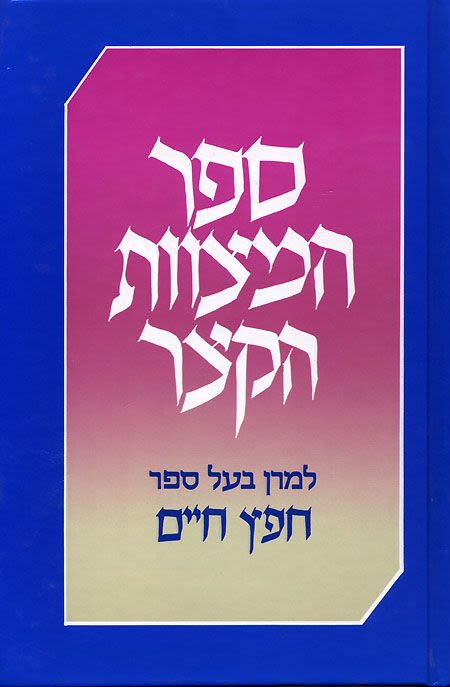

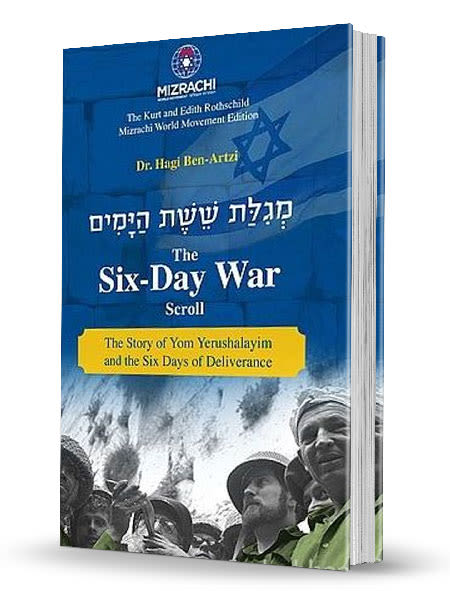
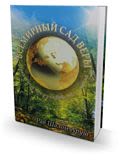
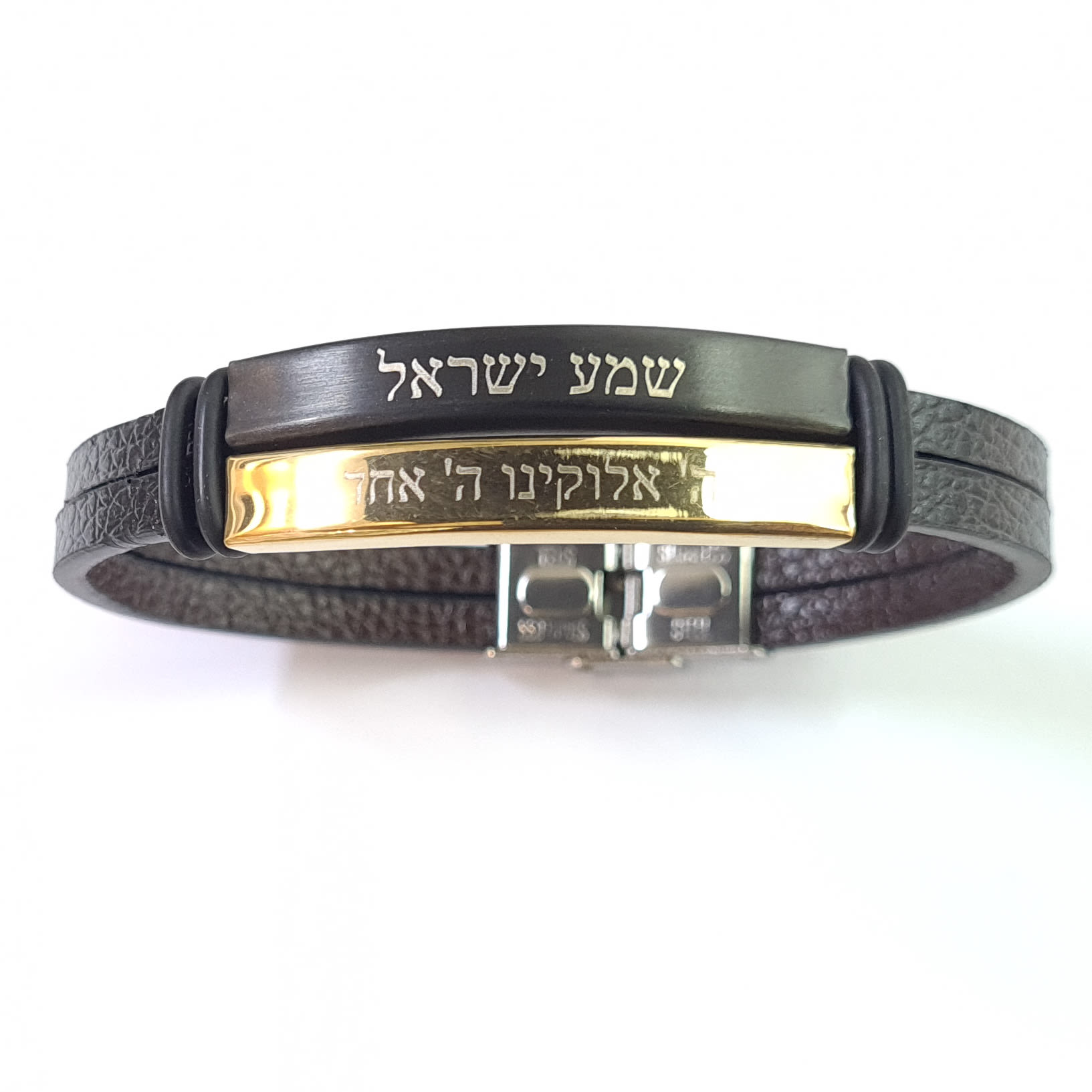
Tell us what you think!
Thank you for your comment!
It will be published after approval by the Editor.